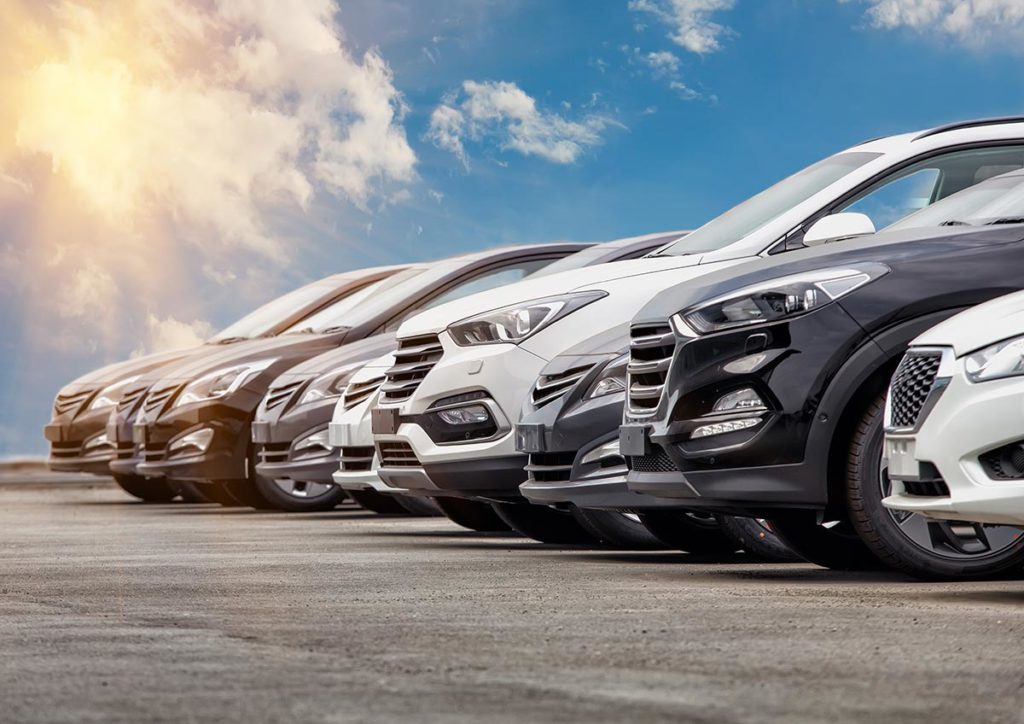Why And How To Make SCOTUS More Accessible
Anthony Marcum, a member of the policy team at R Street Institute and a federal judiciary researcher, said there was a number of benefits to witnessing Supreme Court hearings live, including a greater understanding and appreciation for the institution and an education in how it works.
“Importantly, I think that would make the courts less mysterious, more approachable and would increase public trust in this very important institution in our federal government,” Marcum said.
Even with other options for staying informed about the Court, seeing it live is still preferable, he said.
“There is an important visual aspect to it,” Marcum said. “I think it’s, again, a similar analogy of being in the actual courtroom, being able to see the tone of these conversations. Transcripts, of course, can only tell you so much. Transcripts can tell you what words were said but not how they were said.”
Marcum said the tone of Supreme Court hearings was an important element to the process because justices are generally respectful to each other and the attorneys.
“This would set a wonderful example of how people in our government and our people at large can disagree without being disagreeable,” he said.
Marcum thought most of the candidates would support allowing Supreme Court hearings to be broadcast, though, because of existing congressional support.
Marcum said that was even more evidence this Supreme Court reform had a chance to work.
“The significance of it being bipartisan is that it’s an effective way to communicate to the public that this isn’t a right/left issue,” he said. “This is about transparency and opening the People’s Court up to the people.”
Marcum also said there was a fear lawyers or justices would grandstand with a camera audience in the chamber, despite having no jury in Supreme Court proceedings.
“I think that’s speculative,” he said. “There’s very little suggestion that any justice is eager to put on a show and there’s also less incentive for justices to grandstand.”
The same applies to lawyers, he said, who have limited time in front of the justices and don’t want to waste time on an audience that ultimately has no say in how a case is decided.
“I thought that was an interesting perspective to see how states have really subscribed to this,” Marcum said. “And as Louis Brandeis said, states are laboratories of democracy, and this is one of these good examples.”








